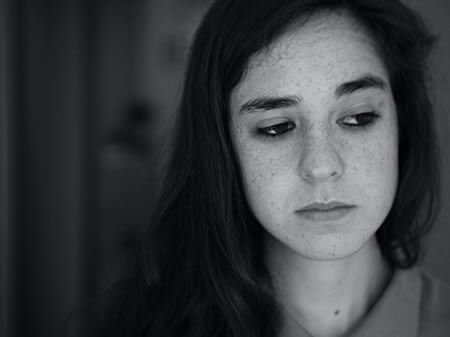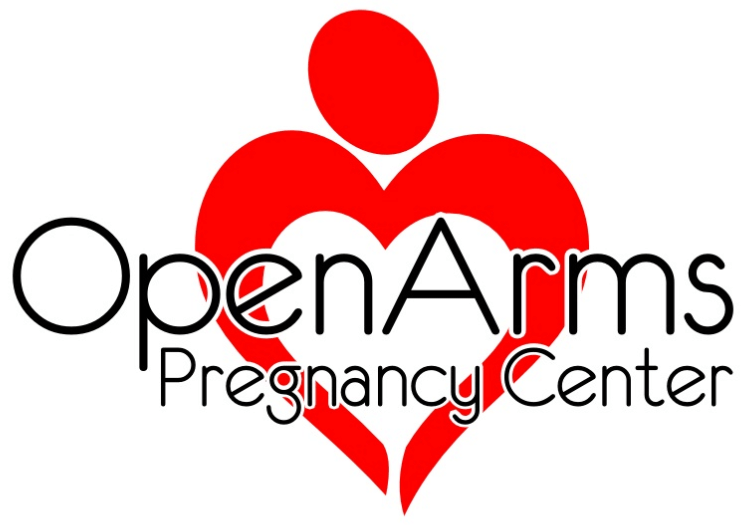If You are Pregnant
An Unplanned pregnancy
The problems that an unexpected pregnancy brings fall into two major categories, the physical aspects and the relational aspects of the situation. The physical problems are the more practical and material aspects of the situation, such as financial and medical concerns. The relational problems are related to the reactions to the pregnancy of the young woman and of those closest to her. Usually, the more emotional issues must be dealt with first.

Relational Challenges
The personal problems may involve anyone close to the situation. Many young women fear rejection from their parents, and most need reassurance that her parent still loves her. Often there are issues concerning the baby’s father that arise with the discovery of a pregnancy that further complicate the situation. Many times there are several people in her life telling her different things to do and applying pressure. Having someone who is standing with her can mean the difference between seeing the situation as a difficult responsibility or as an impossible disaster.
The revelation of an unexpected pregnancy places many parents in a situation for which they feel totally unprepared. Many parents initially experience a time of shock and disbelief when they hear the news. They often feel very upset and disappointed. Most move past this first reaction and begin to consider the different aspects of the situation and the needs of their daughter. At this point, both the parents and the daughter need information. This page will share some of that information.
Options
Abortion is an emotional issue that the parents and their daughter may encounter. Problems arise when the parents and the daughter don’t see things in the same way.
Some daughters who are considering parenting may find that the parents don’t want to deal with a baby or don’t want their friends or church members to know about the situation. They may exert a lot of pressure to get the daughter to comply with their wishes. The daughter needs to think carefully about what she can live with, as this is a decision with lasting consequences.
Some parents who are personally opposed to abortion may find that their daughter is planning to have one. This can lead to an extremely emotion-packed debate. Parents may feel at a loss as to how to understand their daughter’s reasoning and motivation. The results of a recent study may shed some light on the subject.
The Caring Foundation commissioned a professional research study on the psychology of pro-choice women. According to this study, the woman faced with an unplanned pregnancy, and in particular the goal-oriented woman, sees it as a loss of control over the present and the future, a loss of dreams and goals, a loss of her sense of identity, and thus as equivalent to a “death to Self.” The choice, as she sees it, is that either her life is over, or the baby’s life is over. This woman sees abortion as self-preservation.
Often these young women are capable, self-sufficient, and resourceful. Those who care about them need to enter the discussion at the point of the perceived death of self and present the idea to these young women that they can change their plans without changing their goals. They need to show these women, who have often accomplished much, that they are capable of figuring out how to accomplish this as well. In the end, it is the daughter who must make the decision, and it is the daughter who must bear the consequences.
When raising a child is not the best choice for a family, adoption should be seriously considered. It is difficult to talk about adoption with a pregnant daughter, and usually, she will say it would be too hard to give up a baby. Unfortunately, there is no easy solution to an unexpected pregnancy. It is difficult to raise a child, it is difficult to give up a child, and the aftermath of an abortion may be the most difficult of all for many women. (For more information on Post Abortion Syndrome, please turn to our page called “After an Abortion.”) At this point, the best interests of the child should be considered, and the many couples who are unable to have children and who would be willing and able to give a child love and a good home. In some cases, the daughter may decide to leave home for a while until after the baby is born. We can give information on this and on other options to anyone who would like more information.
Practical Concerns
After the more emotional issues are worked through, the practical concerns come to the front. One of the first things families usually think about is the financial problem that a pregnant daughter brings to the family. In Maine, pregnant women can apply at DHHS for medical care through MaineCare. Most pregnant women are also eligible for WIC, a program to make sure infants and pregnant and nursing women get proper nutrition. The pregnant daughter may be eligible for TANF, food stamps, and subsidized housing. We at the Center can give information on what is available in the community and can refer for these programs with a confirmation of pregnancy.
Education
Parents who are worried about their pregnant teenager finishing school need to know about programs in both Waterville and Augusta to help with this problem. In Augusta, Cony High School has a program that is set up for teen moms to bring their babies to school. They will leave their babies in daycare provided on-site and attend special classes as well as the classes required to graduate. Maine Children’s Home in Waterville also provides a similar program for a limited number of students.
Support from Open Arms Pregnancy Center
In addition to these programs, Open Arms Pregnancy Center exists to help young women and their families. We offer free pregnancy tests, maternity and baby clothes, diapers, formula, and baby accessories. We offer a mentoring relationship and a Mom’s Support Group. All of our services are free and are available to any woman who is pregnant or who has a child under age 3. Our goal is to make it possible for women to choose to carry their babies, and to be successful in parenting that child after it is born.
“Group has helped me to be a better mother by helping me to make better choices 4 my family and be a stronger person altogether.”
~ D.B.
